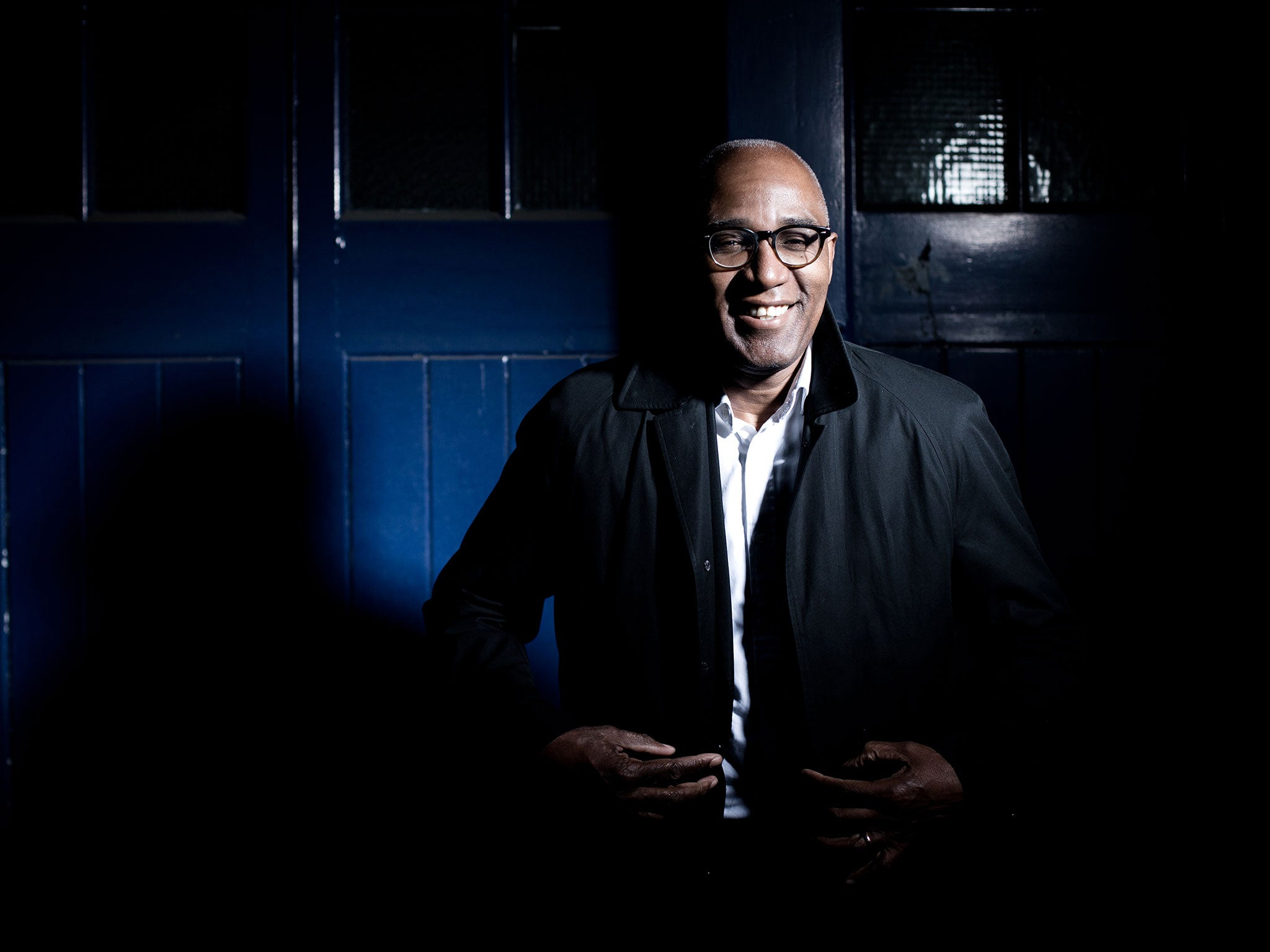Trevor Phillips' research on British Muslims is dangerous and wrong. No wonder Islamophobia is on the rise
Averting mistrust between religious communities is one of the key objectives of our time, but this study plays into the hands of those who seek to spread hatred

Your support helps us to tell the story
From reproductive rights to climate change to Big Tech, The Independent is on the ground when the story is developing. Whether it's investigating the financials of Elon Musk's pro-Trump PAC or producing our latest documentary, 'The A Word', which shines a light on the American women fighting for reproductive rights, we know how important it is to parse out the facts from the messaging.
At such a critical moment in US history, we need reporters on the ground. Your donation allows us to keep sending journalists to speak to both sides of the story.
The Independent is trusted by Americans across the entire political spectrum. And unlike many other quality news outlets, we choose not to lock Americans out of our reporting and analysis with paywalls. We believe quality journalism should be available to everyone, paid for by those who can afford it.
Your support makes all the difference.What do British Muslims really think? That was the question asked in a Channel 4 survey, the conclusions of which have sparked yet another round of Muslim-bashing.
The study's lead, Trevor Phillips, declared that Britain’s Muslims are “becoming a nation within a nation.” Phillips’ conclusions about the hostility of British Muslims to mainstream society, their insularity and conservatism, have seized the headlines, amplifying Islamophobia and mistrust. Yet these claims are not supported by his own data.
Five months ago The Sun claimed that 20 per cent of British Muslims had “sympathy for jihadis” – which, it turned out, was wildly exaggerated. The newspaper went on to apologise, but the damage was done. With Channel 4’s survey, history is repeating itself.
This is not a pattern restricted to any one country. Framing Muslims as the ‘other’ is an international problem.
From Trump’s comments that “Islam hates us” to the recent cover of Polish magazine wSieci, which talked of the “Islamic rape of Europe”, the mischaracterisation of all Muslims as enemies plays into the hands of extremist groups. At a time of heightened tensions, we need nuance and accuracy. Instead, we’re presented with sensationalism and bigotry – even from the quarters least expected.
Phillips’ poll only interviewed Muslims from areas of Britain which are at least 20 per cent Muslim, though there is no explanation of what constitutes an “area” – a street, an apartment building, a neighbourhood, a city? The vast majority of British Muslims, let's remember, do not live in areas that are 20 per cent Muslim.
The skewed sample is nevertheless conflated with the whole. A more honest write up of the survey would have been titled, 'What do British Muslims living in marginalised Muslim ghettoes really think?'
Most Muslims who live in predominantly homogenous neighbourhoods are of lower socioeconomic status. It is fair to ask whether years of marginalisation and impoverishment among those communities have led to suspicion of wider society and scepticism towards liberal social values.
Like all people, Muslims are products of their environment. If this study focused on deprived areas it is likely that these are the areas in which extremism can (and sometimes does) flourish. This disenfranchisement creates huge political risk, but that risk is not specifically to do with religion or culture; we see the same dynamic in Muslim-majority countries too. A more meaningful and useful study would compare Muslims to other Britons within similar areas of the country, or Muslims with other faith communities.
The last few years have seen a frightening rise in anti-Muslim sentiment, not only in the UK but across Europe and North America. The refugee crisis, attacks by Isis and the popularity of far right movements sceptical towards diversity, have all turned the West against its own Muslims. In the last year we have seen Islamophobic attacks in the UK rise by 60 per cent. Alternative For Germany, a right wing party, has made spectacular gains in recent elections in Germany and a large number of Americans now support a “ban” on Muslims.
It is into this environment that Channel 4 irresponsibly released its deeply flawed study. To claim, without sufficient evidence, that British Muslims are a separate “nation within a nation” – that they are not, or do not perceive themselves to be British – is to suggest that Islam and the West are at odds.
This is not to deny legitimate concern about extreme levels of social conservatism, anti-Semitism or alienation from mainstream society within some western Muslim communities. But the consistent misrepresentation of European and North American Muslims is likely to increase a worrying trust deficit and the “clash of civilisations” that Isis and right-wing xenophobes are keen to promote.
Averting the dangerous mistrust between religious communities must be one of the key objectives of our time. It is time for accurate research, not witch hunts or trials by media.
Maha Akeel is Director of the Information at the Organisation of Islamic Cooperation (OIC). The OIC Heads of State summit takes place in Istanbul this week
Join our commenting forum
Join thought-provoking conversations, follow other Independent readers and see their replies
Comments